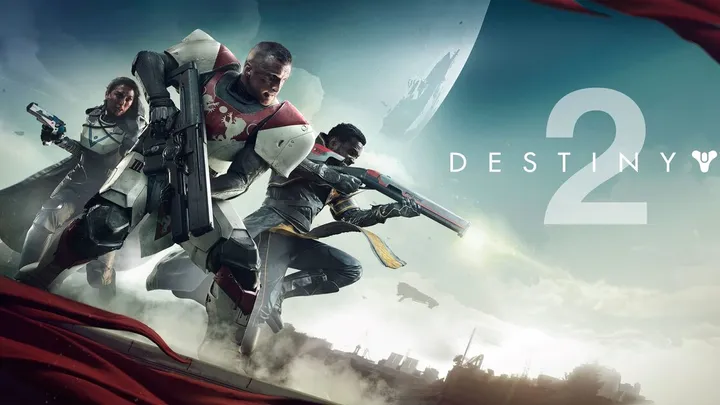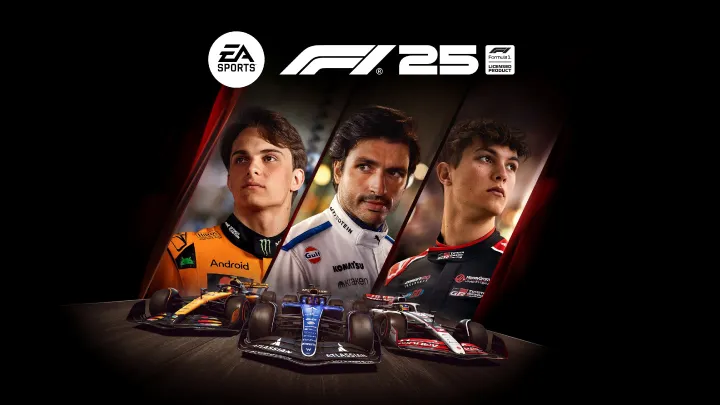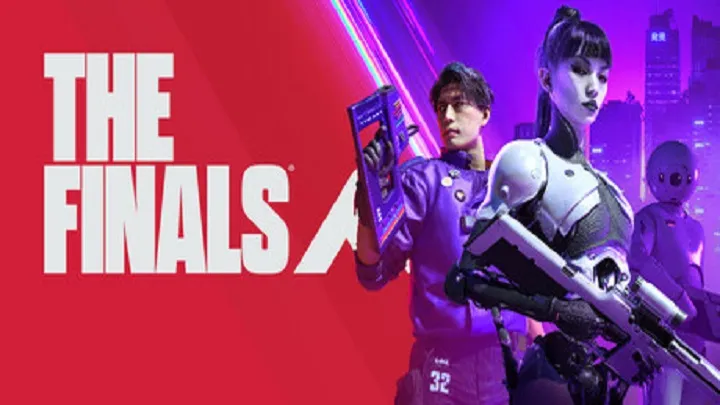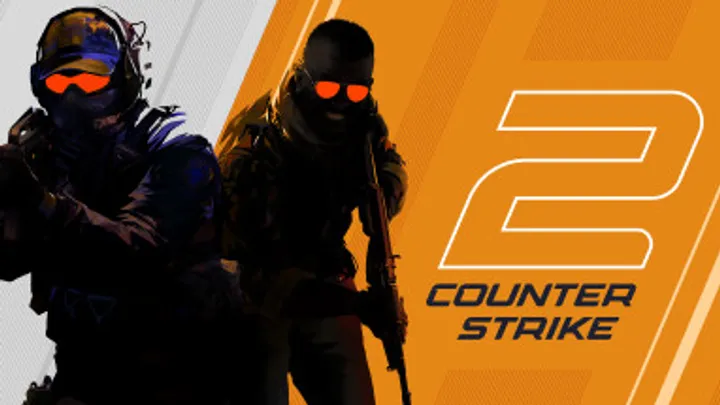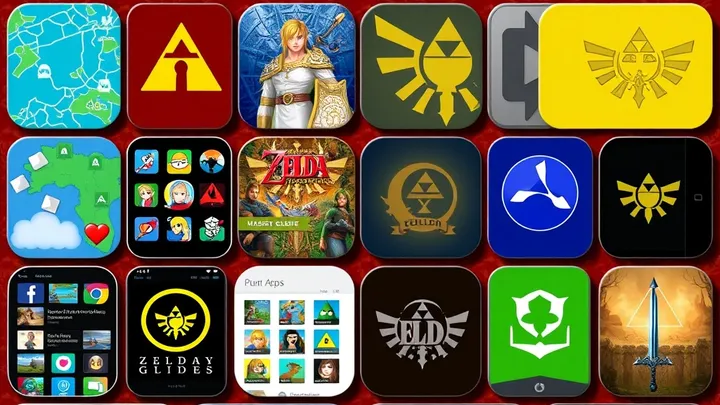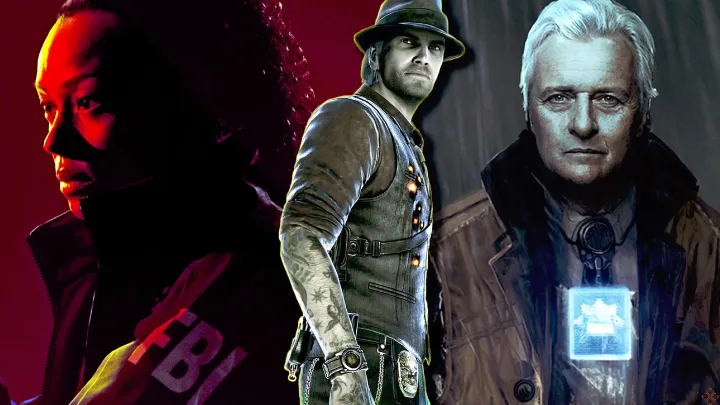Introduction
Since its official release in June 2020, Valorant, Riot Games’ competitive tactical shooter, has rapidly evolved from a promising Counter-Strike-inspired experiment into one of the most influential esports titles of the decade. In just a few short years, it has captivated millions of players worldwide, redefined the boundaries of character-based shooters, and established itself as a dominant force in the global esports ecosystem.
Now, in 2025, Valorant is no longer just a “new entry” in the shooter genre — it has become a cultural phenomenon, shaping how developers, players, and esports organizations think about competitive gaming. This article takes a deep dive into Valorant’s history, gameplay, evolution, competitive scene, and future trajectory.
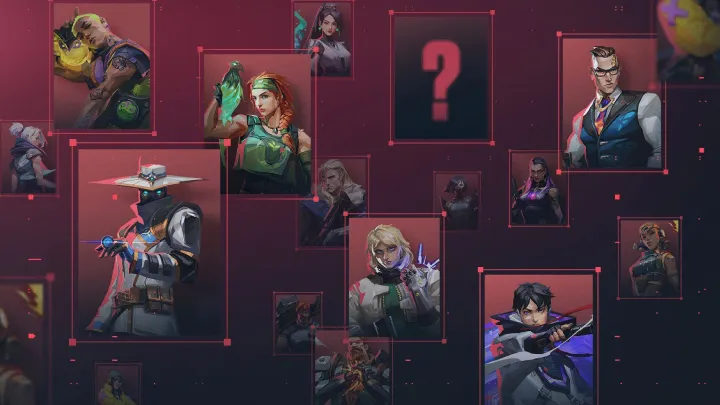
The Origins of Valorant
Valorant was Riot Games’ first foray outside of the MOBA (multiplayer online battle arena) genre, where its flagship title League of Legends had dominated since 2009. The announcement of Project A — Valorant’s codename during early development — generated enormous curiosity in 2019.
Players were intrigued:
- Could Riot successfully move into the tactical shooter space?
- Would it rival Counter-Strike: Global Offensive (CS:GO), the long-time king of competitive shooters?
- How would Riot blend its reputation for polished esports infrastructure with a new gameplay formula?
From the very beginning, Valorant positioned itself as more than just another shooter. It promised precise gunplay akin to CS:GO combined with unique abilities tied to agents, offering a blend of tactical depth and creativity unseen in the genre.
Core Gameplay Overview
At its heart, Valorant is a 5v5 tactical first-person shooter where one team attacks and the other defends across multiple rounds. The objective is straightforward — attackers attempt to plant a device known as the spike, while defenders aim to stop them.
Key Elements of Valorant’s Gameplay:
- Gunplay Precision – Every weapon requires mastery, with recoil patterns and economic considerations similar to CS:GO.
- Agent Abilities – Each character, or agent, has unique abilities that enhance tactical decision-making. These range from smokescreens and walls to healing powers and recon tools.
- Economy System – Players buy weapons, shields, and abilities at the start of each round, balancing risk and reward.
- Strategic Depth – Teams must coordinate not just around firepower but also around ability synergy and map control.
This hybrid of mechanical shooting skill and hero-based strategy is what sets Valorant apart.
The Agents: Diversity and Strategy
One of Valorant’s greatest innovations is its diverse roster of agents. Each agent belongs to a class — Duelist, Controller, Initiator, or Sentinel — and plays a specific role in team composition.
- Duelists (e.g., Jett, Reyna): Fragging powerhouses who thrive in aggressive play.
- Controllers (e.g., Viper, Brimstone): Masters of map control, providing smokes and area denial.
- Initiators (e.g., Sova, Skye): Open up sites with recon and utility tools.
- Sentinels (e.g., Sage, Killjoy): Defensive experts focused on holding ground and providing support.
This system ensures that matches are not just about raw aim — they are about team synergy, communication, and tactical execution.
Maps: Designed for Competitive Integrity
Valorant’s maps are purpose-built for balanced competitive play. Unlike many shooters that rely on variety, Riot emphasizes clarity and fairness.
Popular maps like Ascent, Bind, Haven, and Split have become iconic battlegrounds. Each map introduces unique mechanics:
- Haven features three bomb sites, offering unprecedented strategic variety.
- Bind includes teleporters that allow rapid rotations.
- Fracture is split by a giant central zipline.
This careful design philosophy makes Valorant both beginner-friendly and deeply competitive at high levels.
Riot’s Approach to Anti-Cheat
Cheating has long plagued FPS titles, but Riot launched Valorant with one of the most aggressive anti-cheat systems ever implemented: Vanguard.
While controversial due to its kernel-level access, Vanguard has proven effective in deterring hackers. Riot’s willingness to be proactive in this area has played a key role in keeping Valorant’s competitive environment relatively clean compared to rivals.
The Rise of Valorant Esports
Valorant’s entry into the esports scene was almost inevitable. Riot Games already had a proven track record with League of Legends’ World Championship, one of the biggest esports events globally. With Valorant, Riot introduced the Valorant Champions Tour (VCT) — a structured global competition that quickly attracted top organizations.
Milestones in Valorant Esports:
- 2021: First official VCT season culminates in Valorant Champions Berlin.
- 2022–2023: Valorant overtakes several established shooters in Twitch viewership.
- 2024: Expansion of international leagues and introduction of franchised partner teams.
- 2025: Valorant is now a pillar of competitive esports alongside CS2, Dota 2, and League of Legends.
Esports organizations like Sentinels, Fnatic, LOUD, Paper Rex, and DRX have become household names in the Valorant scene, driving storylines and fan engagement worldwide.
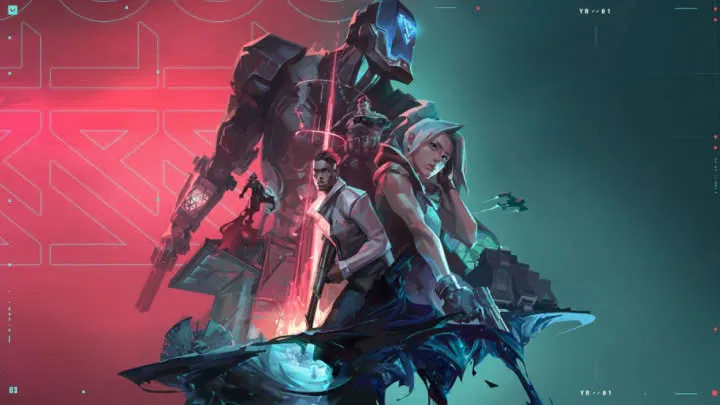
Valorant’s Global Impact
Unlike many shooters that dominate primarily in the West, Valorant has achieved global reach:
- North America: Explosive growth, producing iconic teams and rivalries.
- Europe: Tactical innovation, with Fnatic and other teams setting strategies.
- Asia-Pacific: Rapid rise of powerhouse squads like Paper Rex and DRX.
- Brazil & LATAM: Passionate fanbases and emerging champions like LOUD.
This worldwide adoption has cemented Valorant as a truly international esport.
Valorant vs. Counter-Strike 2 (CS2)
With Valve’s release of Counter-Strike 2 in 2023, the tactical shooter battle intensified.
Comparison:
- Gunplay: CS2 remains the purist’s choice for raw shooting mechanics.
- Abilities: Valorant adds a creative layer that changes round dynamics.
- Esports Infrastructure: Riot’s VCT system is more structured than CS2’s open tournament circuit.
- Player Base: Valorant appeals to younger audiences, while CS2 retains its veteran fanbase.
Rather than destroying CS2, Valorant has expanded the genre, offering a distinct alternative and encouraging innovation across competitive shooters.
The Future of Valorant (2025 and Beyond)
As Valorant enters its fifth year, Riot shows no signs of slowing down. Expected future developments include:
- More Agents & Maps: Constant updates keep the meta fresh.
- Mobile Version: Riot has been testing Valorant Mobile, which could open massive new markets.
- Enhanced Esports: Further expansion of VCT, potentially rivaling League of Legends Worlds in viewership.
- Cross-Media Presence: Following the success of Riot’s Arcane (League of Legends Netflix series), there’s speculation of Valorant-themed media projects.
Criticisms and Challenges
No game is perfect, and Valorant has faced its share of criticisms:
- Ability Balance: Some players argue abilities overshadow gunplay.
- Toxicity: Like many online games, Valorant struggles with player behavior.
- Hardware Requirements: While optimized, some features demand strong PCs.
- Vanguard Concerns: Privacy worries remain around Riot’s anti-cheat system.
Despite these challenges, Riot’s frequent patches and community engagement demonstrate a commitment to improvement.
Conclusion
Valorant’s journey from “Project A” to one of the most dominant esports titles in the world is nothing short of remarkable. By blending the mechanical intensity of tactical shooters with the creativity of hero-based games, Riot has carved out a unique identity that resonates with both casual players and hardcore competitors.
As of 2025, Valorant is more than just a game — it’s a global ecosystem, a cultural force, and a shining example of how innovation and community-driven design can reshape an entire genre.
Whether you’re a veteran FPS player, an aspiring esports professional, or a newcomer looking for a thrilling competitive experience, Valorant is a game worth exploring — and one that will continue to define tactical shooters for years to come.


